To subscribe enter email here please:
5 Tips to Overcome Dental Anxiety – Make Your Next Dentist Visit Stress-Free
Added on 19.08.2025
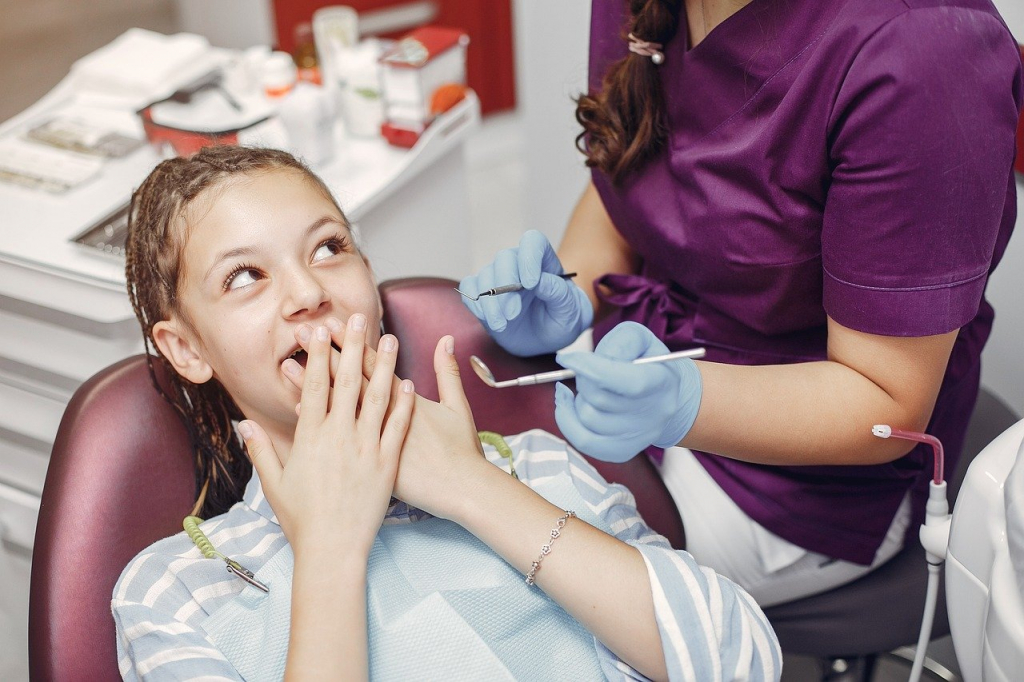
Does the thought of going to the dentist make you feel uneasy? You’re not alone – many people suffer from dental anxiety and often postpone important treatments because of it. The good news: with the right strategies, you can gradually overcome your fear and feel more relaxed at the dentist.
At DentalAce, we’ve put together 5 proven tips to help you reduce dental anxiety and make your next dental visit a much more positive experience.
Read Post At DentalAce, we’ve put together 5 proven tips to help you reduce dental anxiety and make your next dental visit a much more positive experience.
Can ozone therapy replace the drill at the dentist
Added on 22.05.2024

Questions like the one in the title have appeared more and more often in the press nowadays because there is a new therapy option out there called ozone therapy that can make the drill at the dental office obsolete in many cases. On top of that, such a so called ozone bath of a treated tooth can completely painlessly remove 99.9% of caries bacteria from the treated area. Now what exactly is this ozone therapy and how does it work? More on that in the following few paragraphs.
Read Post Intraoral camera: When is it used?
Added on 11.06.2021

A so-called intraoral camera is a very compact digital camera in the form of a pen that is used by dental care specialists when they would like to take a POV (Point-of-View) look into the mouths of their patients and project said view onto a monitor. Normally, this happens during the preparation for longer and complex procedures in order to visually explain next steps and to calm down the patient. Additional infos about this are available in this blog post.
Read Post Info Tidbits: Are missed dentist visits fatal?
Added on 23.05.2021
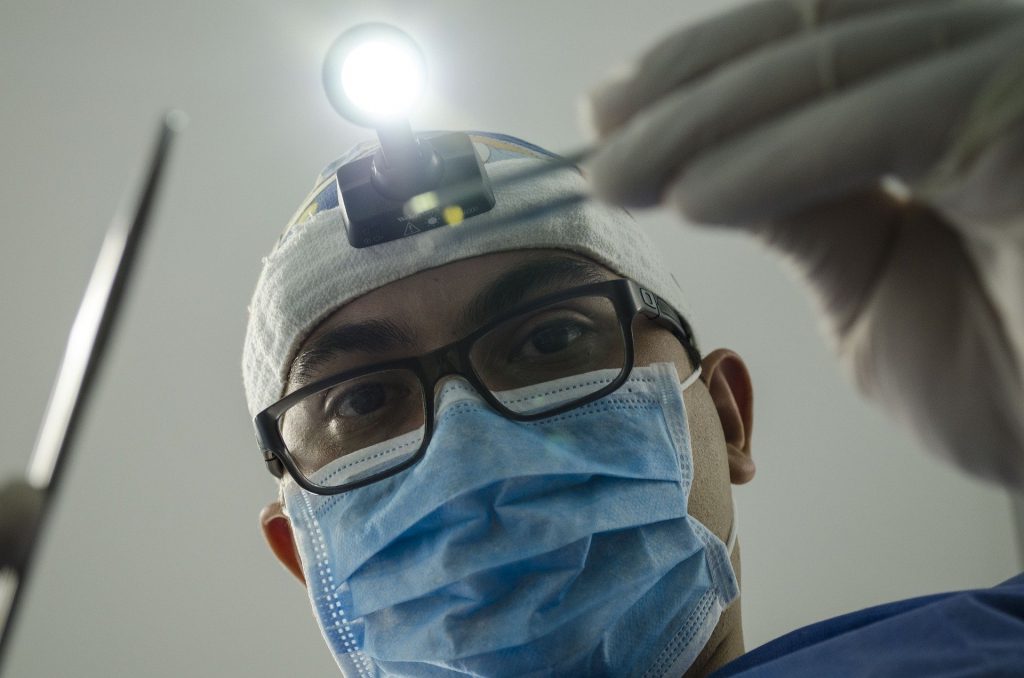
To answer the question in the title: Actually, never, but one may miss an appointment from time to time due to unforeseen circumstances. When it comes to dentist visits, many people are worried prior to the appointment and feel free as a feather afterwards. This is because, as many of us know, some dentist visits can end up being painful if the patient's dental hygiene has been spotty for too long. To avoid such a scenario, dentists recommend to their patients to go visit a dentist at least once every 6 months and, in some cases, even more frequently. But are such frequent visits always possible?
Read Post Info Tidbit: The painfree dental treatment
Added on 14.05.2021
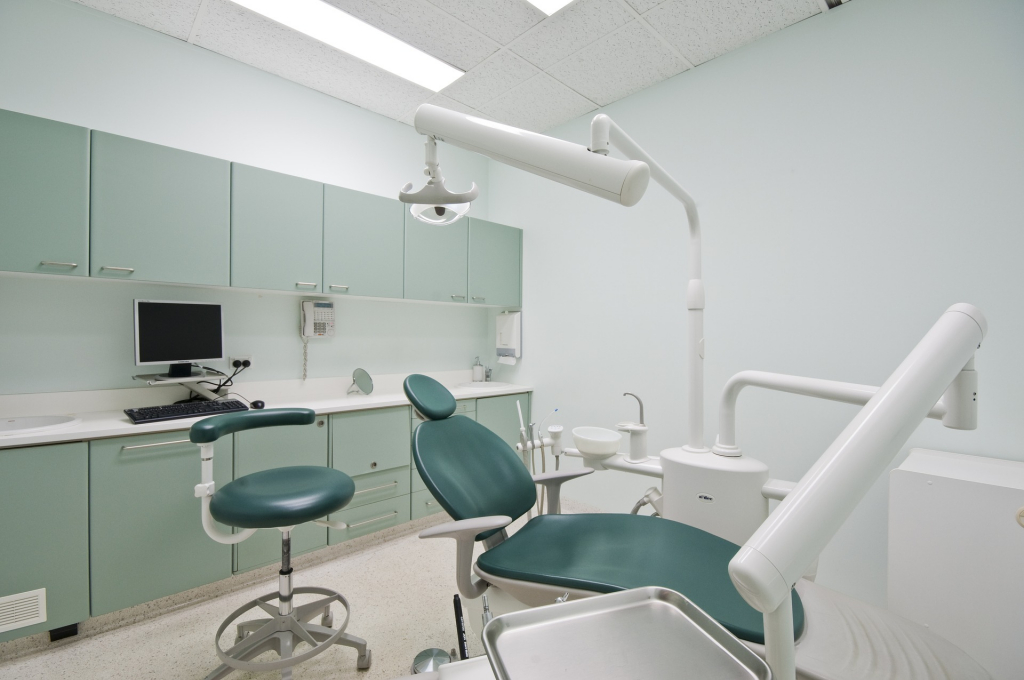
Some dental treatments can, from time to time, be scary and even more so if they are surgical procedures because the drilling and scraping can reach far into the jawbone. To shape such procedures in a more gentle way, dental care specialists have now devised the field of piezo surgery in an effort to avoid and fix lasting damage to tooth and bone substance.
Read Post Info Tidbit: When and where should you brush your teeth and can you skip it?
Added on 27.04.2021
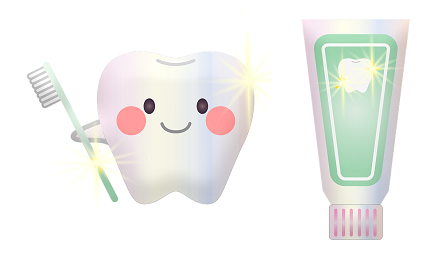
Certainly a question that many people have asked – especially the second part of it regarding skipping the annoying brushing and rinsing of the mouth. To get right to the point: one should never skip brushing one's teeth. More info on that in this blog post.
Read Post Info Tidbit: How often do you have to replace your dental equipment?
Added on 13.03.2021
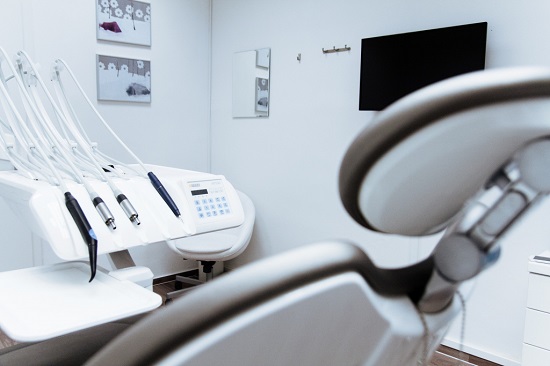
As every dentist and dental hygienist knows, the equipment of a dental practice is the most prominent cost factor for both new and existing dentists. For example, a treatment and examination chair alone has a price tag of over €10,000 which makes it one of the highest cost items by itself. Though regularly occurring repairs are advisable, the end of the so called "useful life" comes into play when a replacement must be found. Before one can correctly determine the right time for a replacement, it is imperative to first look at the average lifetime of different kinds of practice equipment. More on this in the following article.
Read Post Info Tidbit: How to clean your braces properly
Added on 06.03.2021
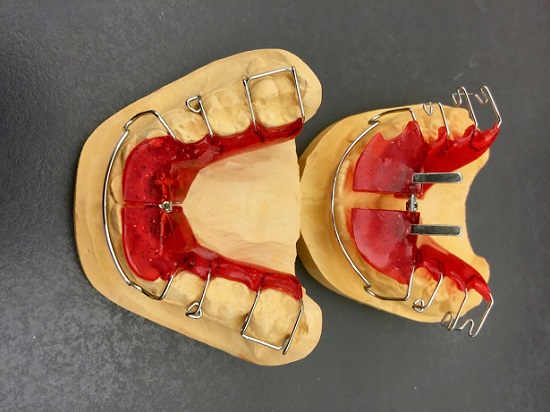
Are you wearing braces to get your teeth into the right positions? Did you and your dentist opt for so called removable retainers or for permanent braces (aka brackets)? Depending on which kind of braces you are wearing, you will have to clean them in slightly different ways. What applies in both cases, however, is that your retainer and braces, just like your teeth, always need to be kept clean to prevent any and all kinds of bacterial infections as well as the formation of dental plaques or dental calculus.
Read Post 

